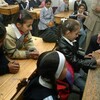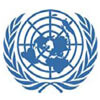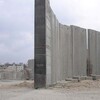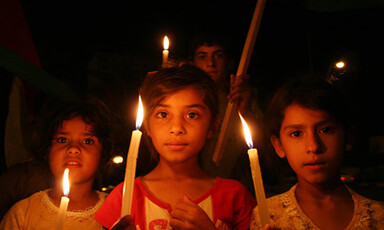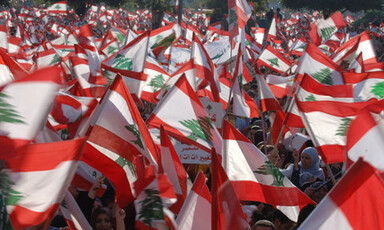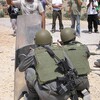
Court overturns Israel's intifada law
13 December 2006
Israel’s Supreme Court has overturned a controversial Israeli law banning Palestinians from claiming compensation for harm suffered at the hands of soldiers. Citizens of “enemy states and members of terrorist organisations”, however, would not be permitted to file for compensation, according to the court’s ruling. Palestinians will also have to prove that the Israeli military operations in question did not take place as part of a clearly defined ‘war’. Hassan Jabareen, the general director of Adalah, a body championing Arab rights in Israel, said he expected more legal wrangling over what is and what is not a combat situation. “We foresee in the future another legal battle on the question of what is the scope of combat operations,” he said. Read more about Court overturns Israel's intifada law

